1080 Press
1080 Press
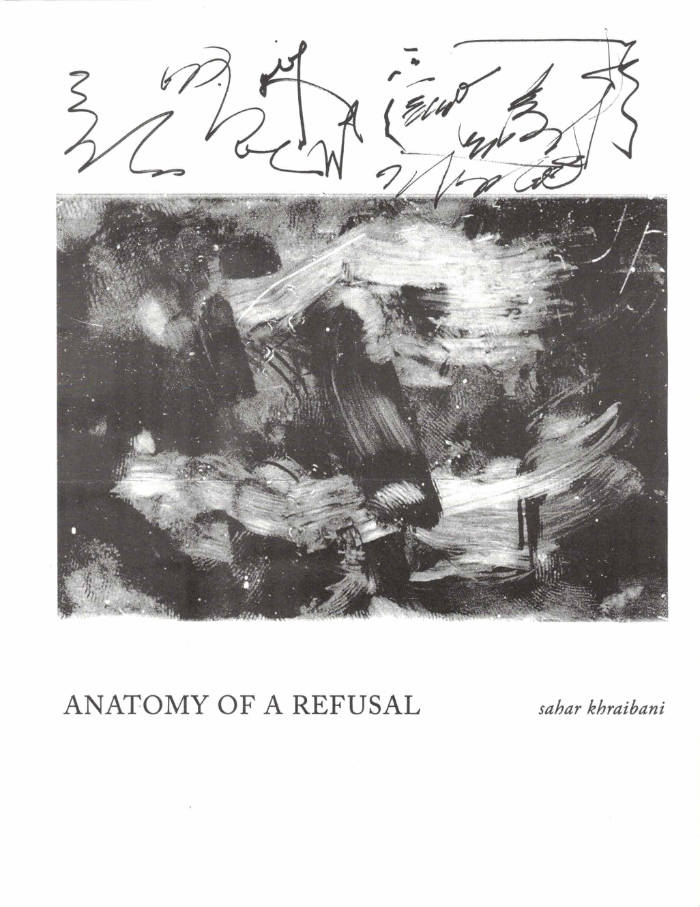
Anatomy of a Refusal
Written after the Beirut Port Explosion on August 4, 2020, when 2,750 tonnes of ammonium nitrate exploded in the commercial and residential port of Beirut after years of warning and mismanagement, Anatomy of a Refusal drifts between lineated and prose poetry, creating a transitional space of mourning. Comprised of three sections, “Mutually Assured Destruction” confronts displacement; “Blast” erases and rescribes bureaucratic documents written about the explosion, and “Deterrence” “return[s] to the place of injury.”
Intertextually poetic, Sahar Khraibani writes in conversation with other writers and philosophers to question, “who owns my language?” and “What does it mean to be in / place?" And yet, between bureaucracy and philosophy, there are moments of intimacy, friendship coexisting in the shared space of the poem—between speaker and addressee, the body and the living world—where belonging carries the weight of grief.
—Blurb written by Clarise Reichley
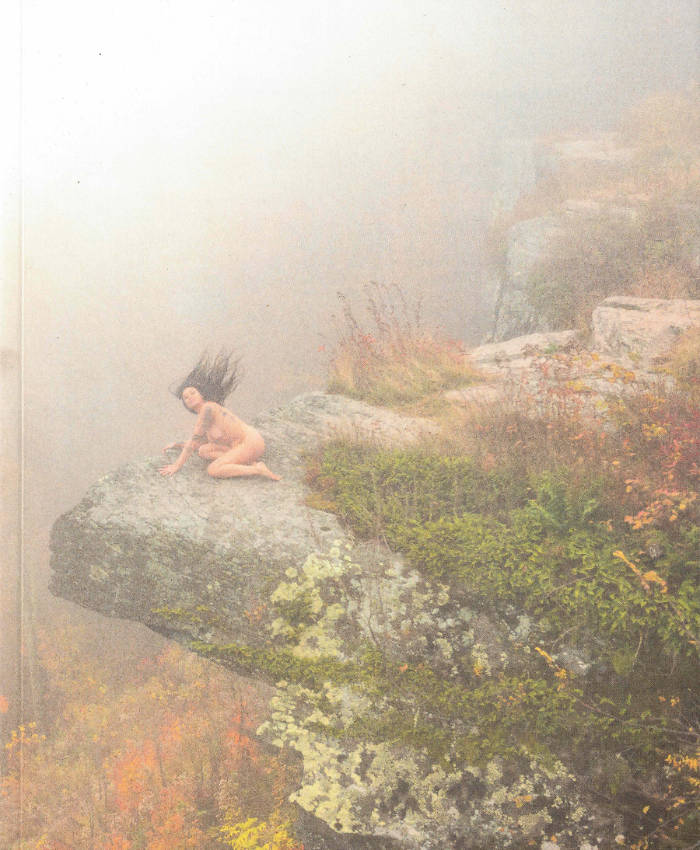
Butterflies Come Out At Night
A fullness of the erotic that pervades the entirety of the book to its edges, where a continual corruption of our often unexpressed desires overflows into forms both lyrical and traditional. "Butterflies Come Out At Night" continuously asks where the "you" stands, and if desire can empower one to reach a fullness of self. No othering, but flowing seamless from source to rapid source. The book explores this encompassing and embracing body of care and power through poetry, collage, enchantments, and spells and keeps an aura that constantly shifts where the erotic nature of both writer and reader bloom through out the reading.
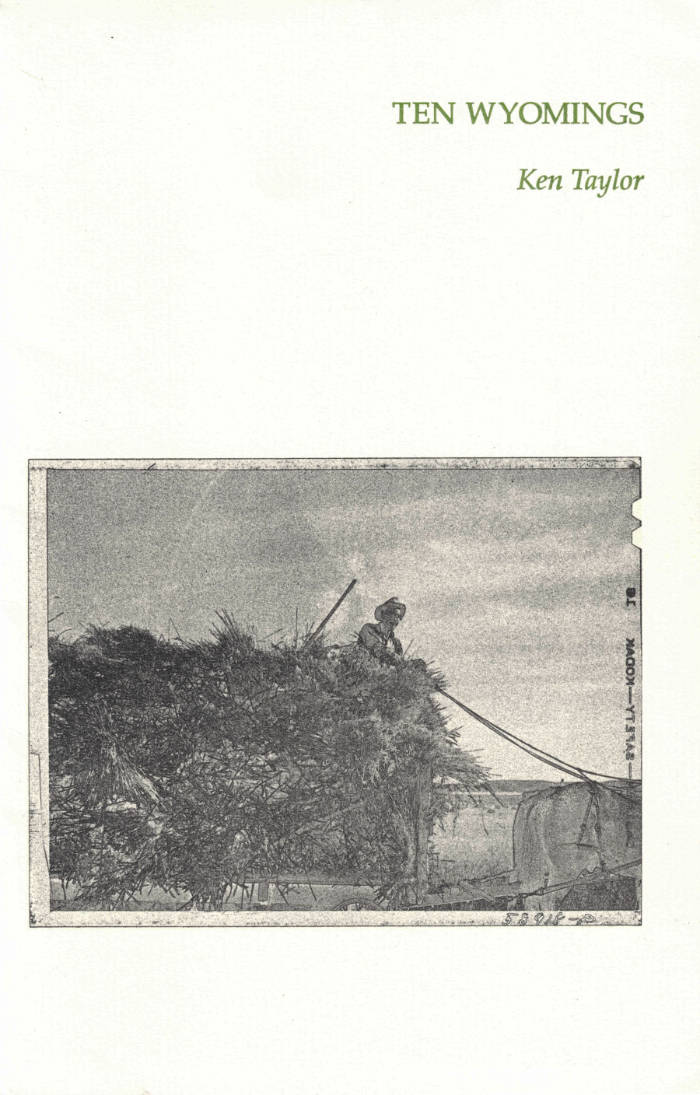
10 Wyomings
Cattle prods confused for northern lights, peyote desert music in the car radio, the Brady Bunch remixed to falsettos driving off into the sunset kind of coded and depleted of love for the mountains. "10 Wyomings" reaches out into the recess of a cultural imagination, memoir-eque in a place and digging around in the cross over between what's been placed in the head and the experience of being out on the range balancing that time to the importance of a place just being there and drop some good poems in the bucket.
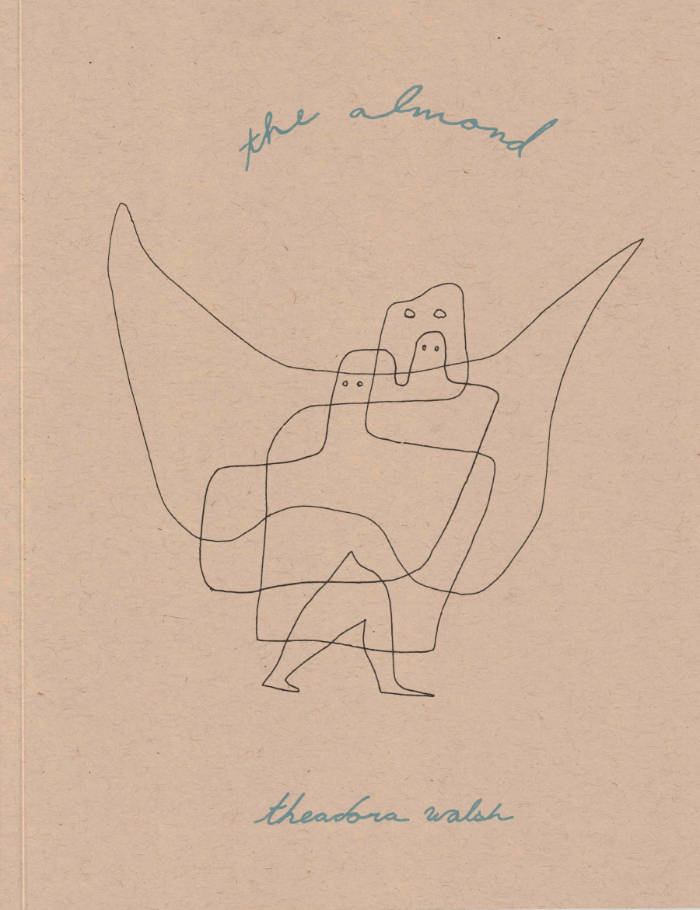
The Almond
“Today is the day with the letter,” Celan writes to Bachmann on October 30, 1957. Theadora Walsh’s essay-poem, The Almond concerns, for I hesitate to write “about” or “is in relation to”, the love between Paul Celan and Ingeborg Bachmann. Two Austrian writers flung across Europe by the atrocities of the Holocaust, excavating the narrows of a language not theirs, or taken from them. An almond is the closest two people can be, and becomes the binding structural conceit of the book, two segments reaching across the blank page to each other, across history, time and language.

Oh You Nameless And New-Named Ridges
Bernadette Mayer, Lee Ann Brown
Poets Lee Ann Brown and Bernadette Mayer, old friends, began a specific correspondence in early 2020 with the intention of editing them into a book. The poems, letters, letter-poems, pletters, cover the first songbirds of spring, works and advice from friends, art, lists from the messy old internet, the possibility of seeing one another again, some day. Bernadette passed away on November 22, 2022, 3 weeks before this book was completed and bound. Throughout the text Lee Ann and Bernadette merge two distinct and unique voices in both a poetic, loving and humorous sharing. In a letter from Bernadette to Lee Ann she writes: “I imagine the voice to be/ yrs/ Because it is/not/mine.”

The Western
Tilghman Alexander Goldsborough
Tilghman Alexander Goldsborough’s, "The Western" is a speech-act, an oral poem to be told aloud. As Goldsborough writes in his 1080PRESS newsletter (reproduced with the book), “are we willing to salt the field of USAmerica in order to grow sth somewhere else?//” The Western mines the history of the WEST—reimagining its landscape within a gluttony of images. But what happens when the wrongs of the AMERICAN WEST meant to be right-ed, are so large, so intensely evil and vile that the English language itself spaghettifies around it? What new histories will be erected—of Samuel R. Delany, Walter Rodney, and others trampled and run over by the wet tech ravages of future-past, to take us all across the river?
"In THE WESTERN, Tilghman Alexander Goldsborough composes to facilitate decomposition, setting a place for language, reader in tow, to reimagine itself, to become the space and act of reimagination. From out of the dark:
[,,,, a vision ::
the future arrives ::
barefoot & confident /
fondue oozing a triumphant grin"
— Yeukai Zimbwa (The Columbia Review)
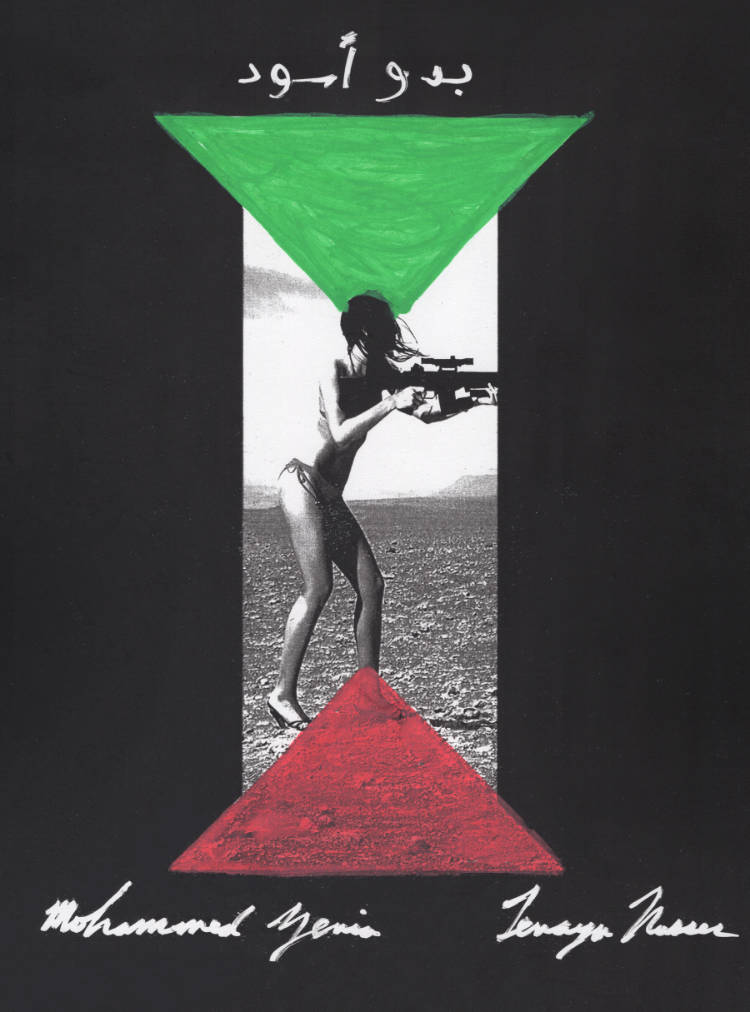
Black Bedouin
Black Bedouin, by Mohammed Zenia and Tenaya Nasser is a book of the IMMEDIATE — written immediately (in the span of five days, very literally at the printing press at 1080PRESS) in response to the current genocide against, and in solidarity with, the people of Sudan and in the context of immediate echoes in Palestine, Congo, Pakistan, and more — and throughout it all imbued with the immediacy that the global situation demands of us and our moral consciences. Black Bedouin rings in the creative immediacy of New York School all-night-writing-to-mimeograph-next-day with the political immediacy of a this-is-happening-right-now Crass single or Etel Adnan's incomparable (but here spiritually correlated) The Arab Apocalypse. In other words, Black Bedouin hits every star in a very cool and specific constellation. — Dave Morse